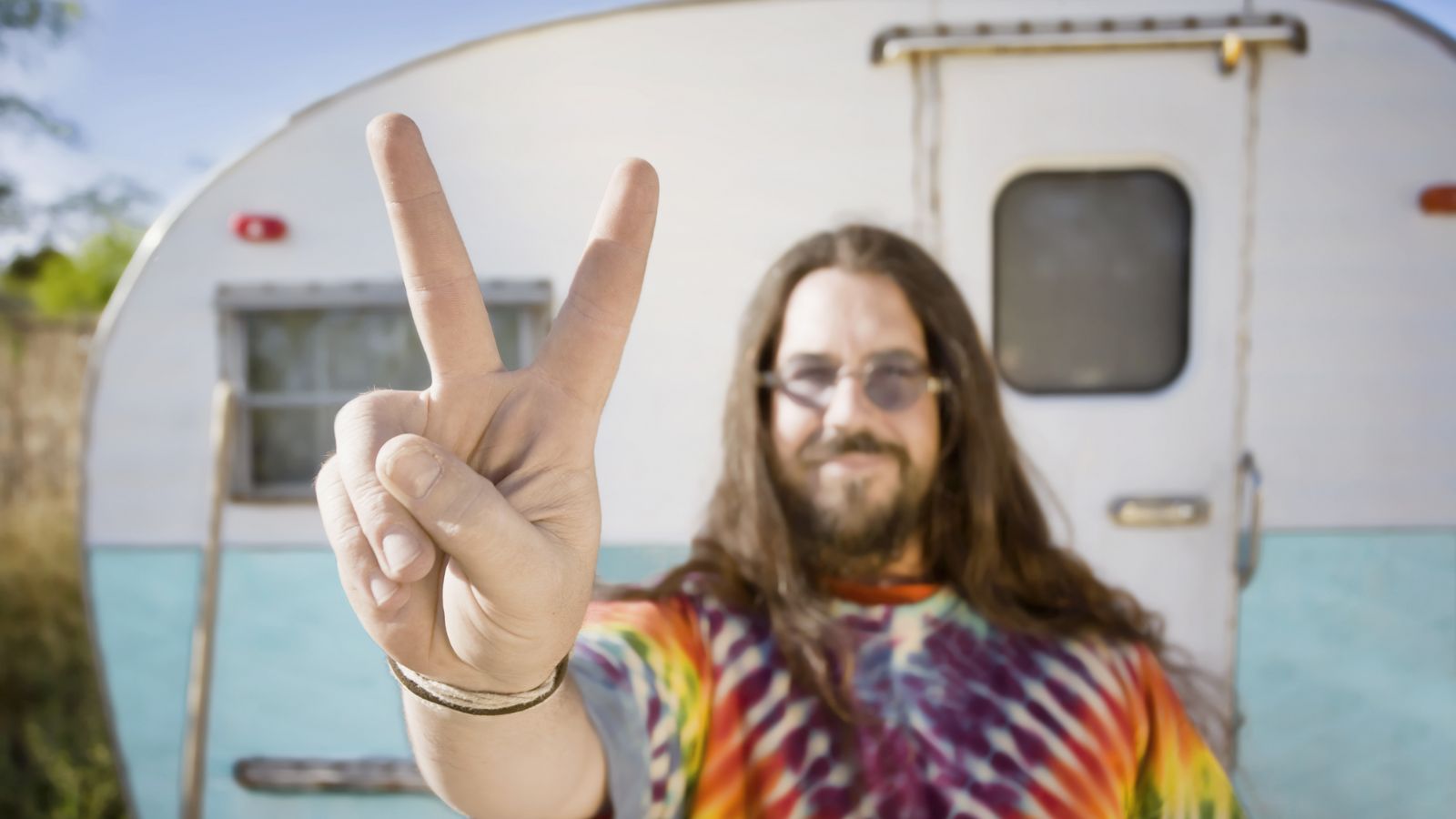The 1960s brought big changes, including new words that became really popular. These expressions captured the feeling of a generation that wanted to shake things up. Let’s look back at 19 words that were everywhere back then but have since faded away from our everyday talk.
Bread

Stack Exchange reminds us that back in the day, “bread” wasn’t just something you ate; it actually meant money. Kids would say stuff like, “I need some bread for those new jeans.” It was a fun way to talk about cash, making it sound as important as food. But just like that, people stopped using it, and now, when we say bread, we’re usually only talking about the kind you slice.
Fuzz

In the ’60s, cops weren’t always called cops; they were “the fuzz.” This nickname came from the static on police radios. Hippies used it a lot, especially when they needed to warn their friends about police nearby. If you were to talk about fuzz now, though, people would likely think you’re talking about the soft stuff on a tennis ball.
Groovy
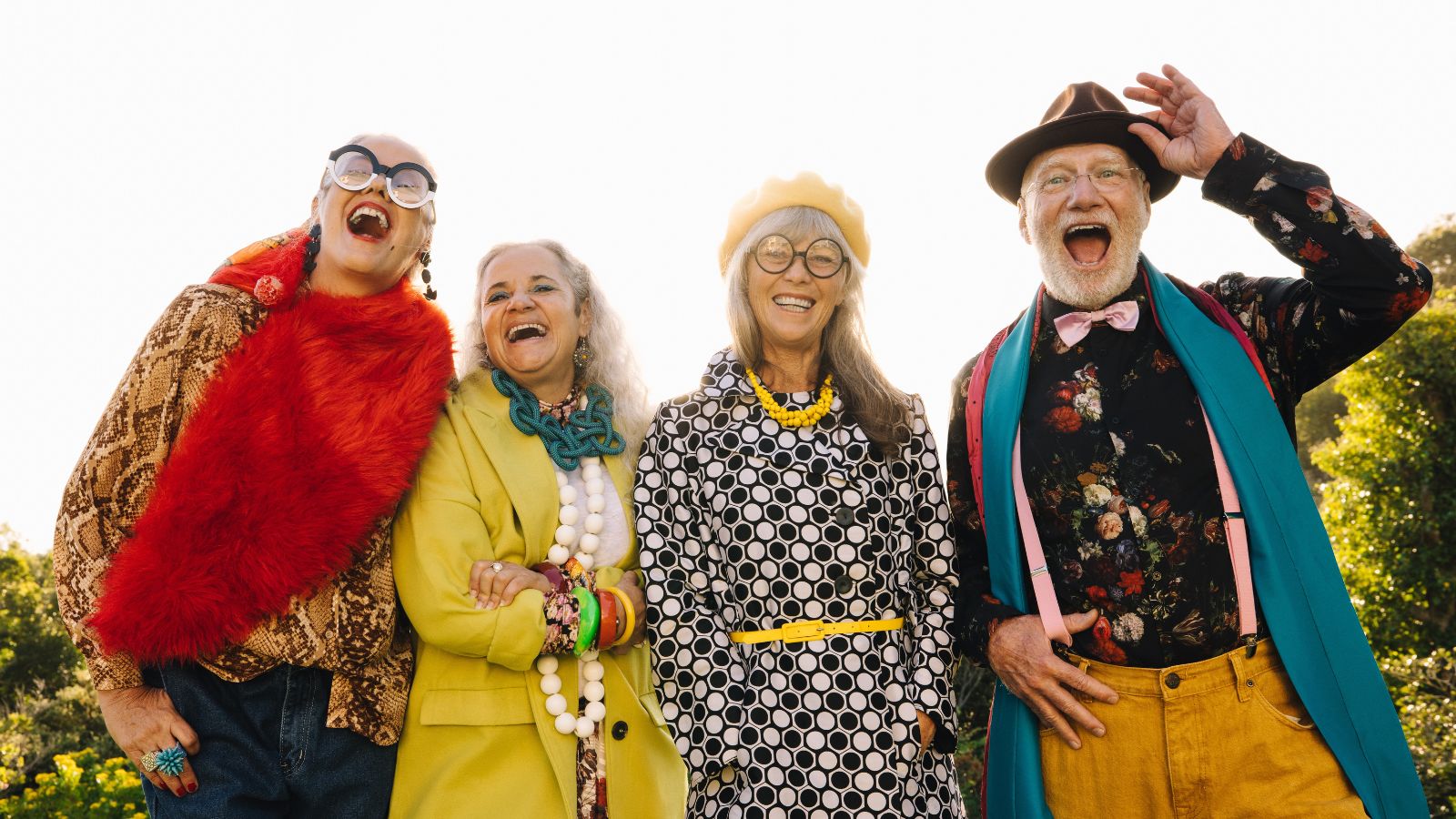
“Groovy” was also everywhere in the ’60s, so if something was cool or awesome, it was instantly labeled as groovy. People would often say, “That’s a groovy song!” when they liked what they heard. It started with jazz fans talking about record grooves and just took off, and although it made a small comeback in the ’80s, now it just sounds old-school.
Pad

Back then, your place wasn’t just a house or apartment – it was your “pad”, regardless if it was big or small. It made your living space sound cooler, and you might hear someone say, “Let’s go back to my pad and listen to records.” But now, the “pad” makes us think of a notepaper.
Cat

Here’s a weird one: “cat” wasn’t about pets at all. It actually meant a cool person, especially in the jazz world. It’s believed to have started in the 1920s but got really popular in the ’60s. Today, calling someone a cat would probably just confuse them.
Drag
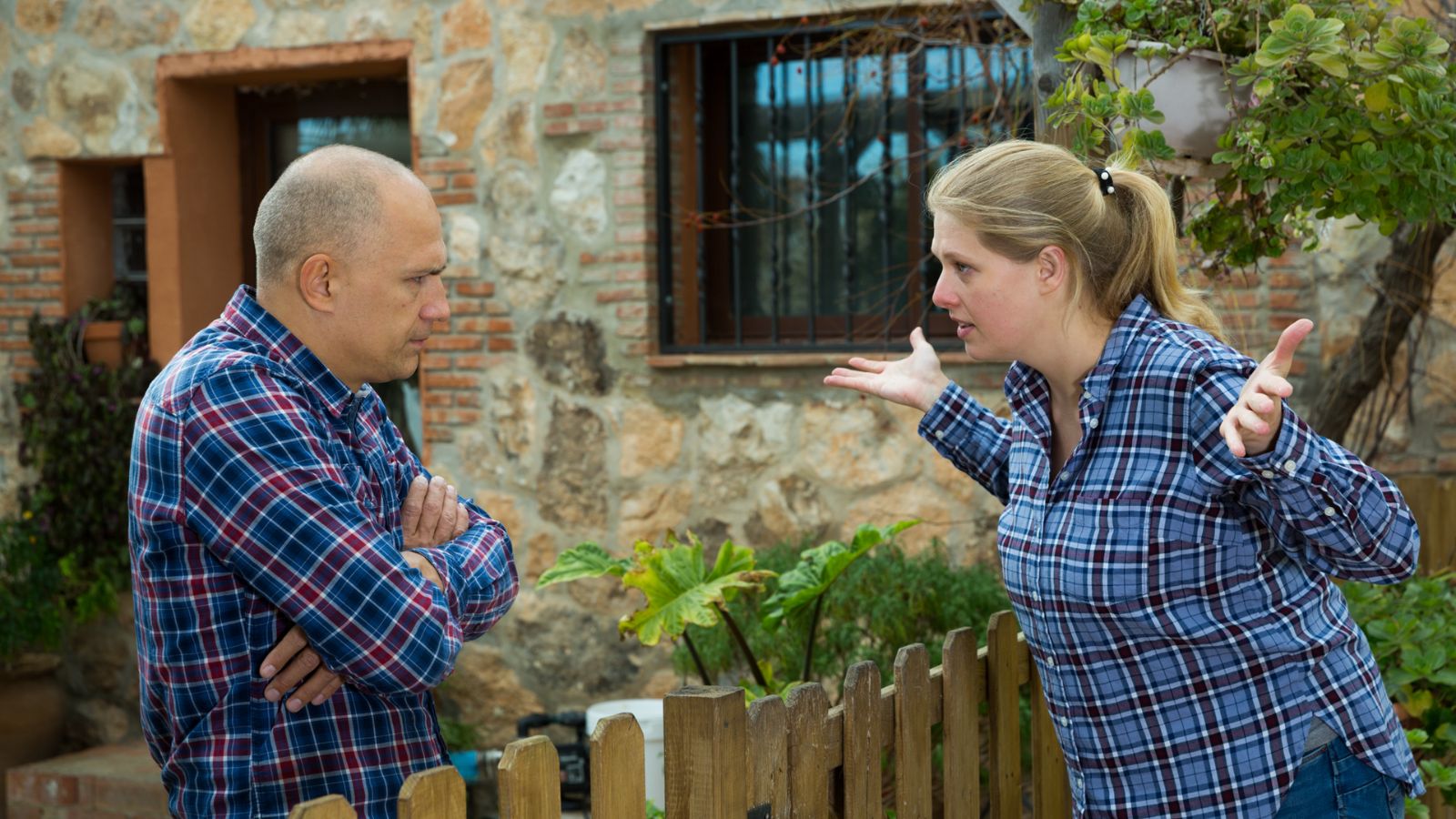
Before drag queens made it fabulous, “drag” meant something totally different – it was for boring or annoying things. Young people used this word to complain about stuff they didn’t like, so a teenager might say, “This homework is such a drag.”
Far out

When something was really wild or amazing, people called it “far out” – for example, “That concert was far out!” – but as the ’60s ended, people stopped saying it as much. It sounds like something your grandparents might say now, but this phrase was all about new experiences and expanding your mind.
Hang loose

“Hang loose” meant to relax and not worry so much. If your friend was stressed, you’d tell them, “Hang loose, it’ll be okay.” Surfers started saying it, but it soon became a way of life rather than just words. It’s a classic saying that really takes you back to that time.
Heavy

You might think “heavy” was about weight, but in the ’60s, people used it for deep, serious, or emotional stuff. It was a way to acknowledge when things got real. After an intense talk, someone might say, “Wow, that was heavy.” Some people still use this word today, but not nearly as much as then.
Hip

Being “hip” was the best thing you could be in the ’60s since it meant you knew what was cool and what was happening. It came from “hep” in the 1940s and gave us words like “hippie” and “hipster.” Being hip often meant going against the mainstream, embracing new ideas, and staying ahead of trends.
Mellow

“Mellow” was all about being calm and relaxed, and it fitted perfectly with the laid-back vibe many people were looking for in the ’60s. It was about finding peace when there was a lot of chaos in the world. We still use “mellow” sometimes, but not as much.
Outta sight

If something blew your mind, you’d call it “outta sight.” Like, “That guitar solo was outta sight!” Now, if you say that, people might think you’re trying to sound old school on purpose. But at the time, it was perfect for describing all the wild music and art that was happening.
Psychedelic

“Psychedelic” was the go-to word for mind-bending experiences, often from drugs or art. It became the word for the wild, colorful style of the ’60s, and people would say that the music or posters were “totally psychedelic.” The word came from science but took on a life of its own, really making us think of the ’60s.
Righteous

Nowadays, “righteous” is mostly used in religious talk or when people are trying to sound old-fashioned, but back in the ‘60s, calling something “righteous” was a big compliment. It meant something was good, real, or morally right. It was common to hear, “That speech was righteous, man” which showed how much people cared about doing the right thing.
Solid

Saying something was “solid” in the ’60s meant it was really good or reliable and a way to show that you approved of something. A friend might say, “That new album is solid.” People used it to talk about things that felt real and genuine, not just something that was hard or firm.
Square

If you call someone a “square” today, they might just laugh. But in the ’60s, it wasn’t a nice thing to say. It meant they were boring, old-fashioned, or just didn’t get it, like: “Don’t be such a square, man.” It was a way to separate the cool people from the uncool ones.
Threads
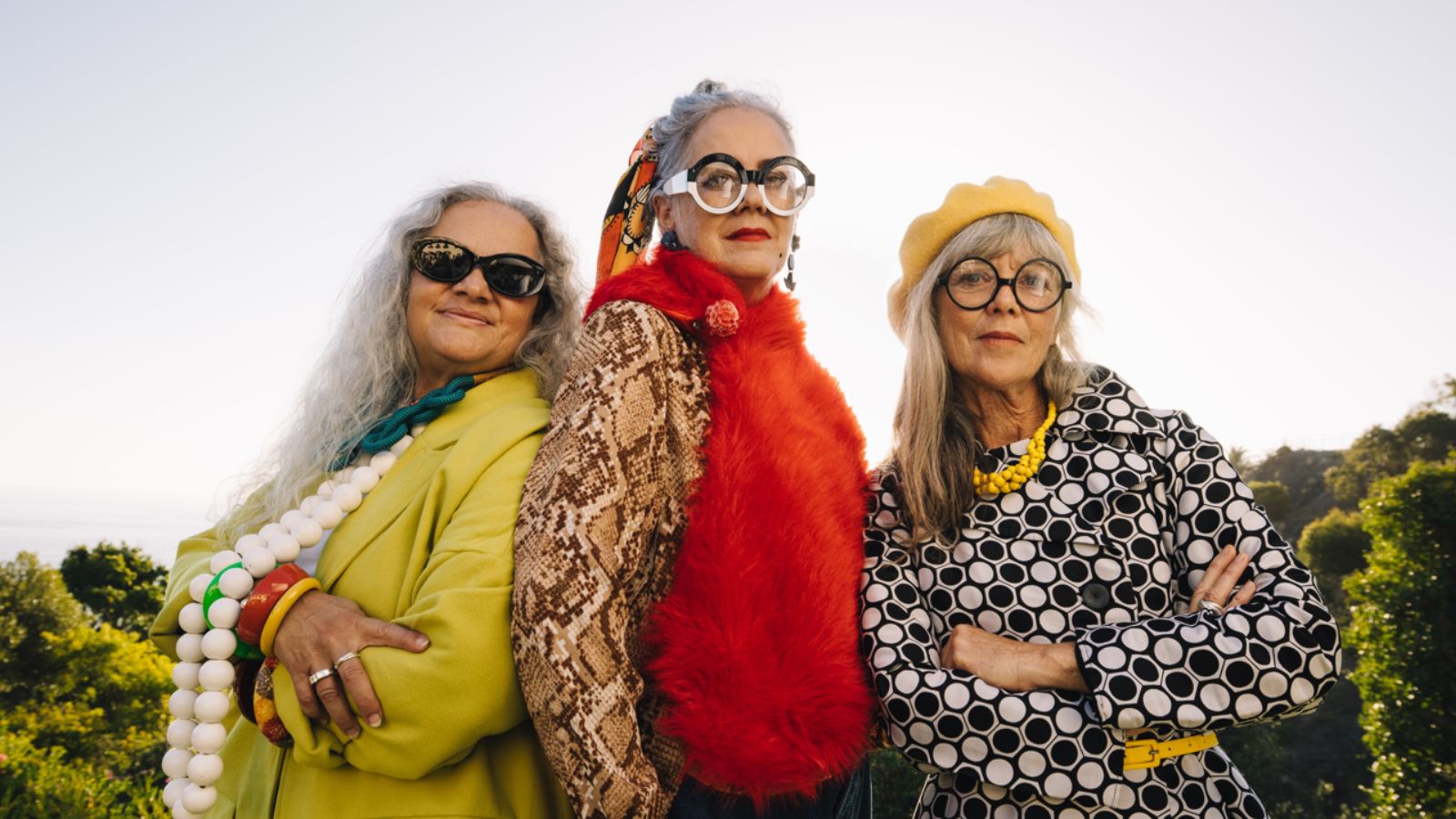
In the ’60s, your clothes were your “threads.” It could mean one piece of clothing or a whole outfit. If someone said they loved your new threads, it was a big compliment and reflected how important fashion was in showing who you were. If you talk about threads today, people will probably think you mean the kind you sew with.
Tune in

“Tune in” meant to become aware and pay attention, especially to new ideas. The famous phrase “turn on, tune in, drop out” became really catchy. It was about opening your mind to new experiences. These days, when we say “tune in,” we’re usually talking about watching a TV show.
Vibes
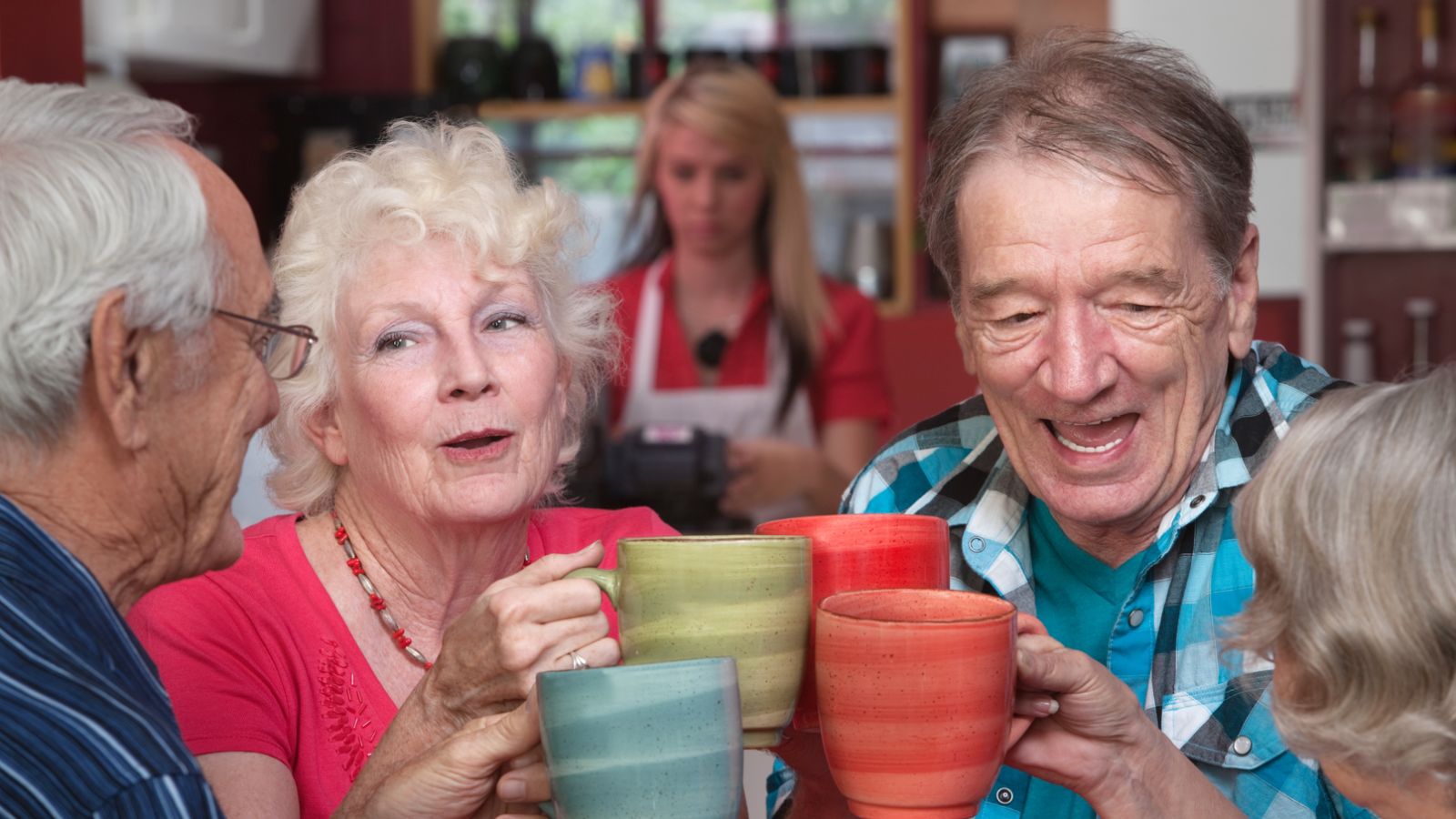
Before social media made it popular again, “vibes” meant the feeling or mood of a place or situation and came from the word “vibrations.” Something like “I’m getting good vibes from this place” was all about trusting your feelings and instincts. We use “vibes” today, but it doesn’t have the same spiritual feeling it did back then.
Up Next: 20 Things Your Boss Is Legally Forbidden to Ask of You

The workplace should be a professional environment free from discrimination and harassment. While employers have the authority to ask questions regarding legal work obligations, there are certain personal boundaries they cannot cross. Whether it’s an invasion of privacy or an unfair request, here are 20 examples of things your boss is legally prohibited from asking of you.
20 Things Your Boss Is Legally Forbidden to Ask of You
18 Things That Say You Are Middle-Class and Not Rich

The difference between the rich and middle class can be confusing, but the two couldn’t be further from each other in reality. In this article, we look at 18 signs that someone is middle class but not at all rich or wealthy.
18 Things That Say You Are Middle-Class and Not Rich
18 Most Dangerous Cities in the World (5 Are in America)

Across the globe, there are many places you don’t want to find yourself because of the crimes waiting to occur. Sometimes, even nature can be cruel to you. This is particularly the case in the following 18 most dangerous cities in the world, five of which are in America!

